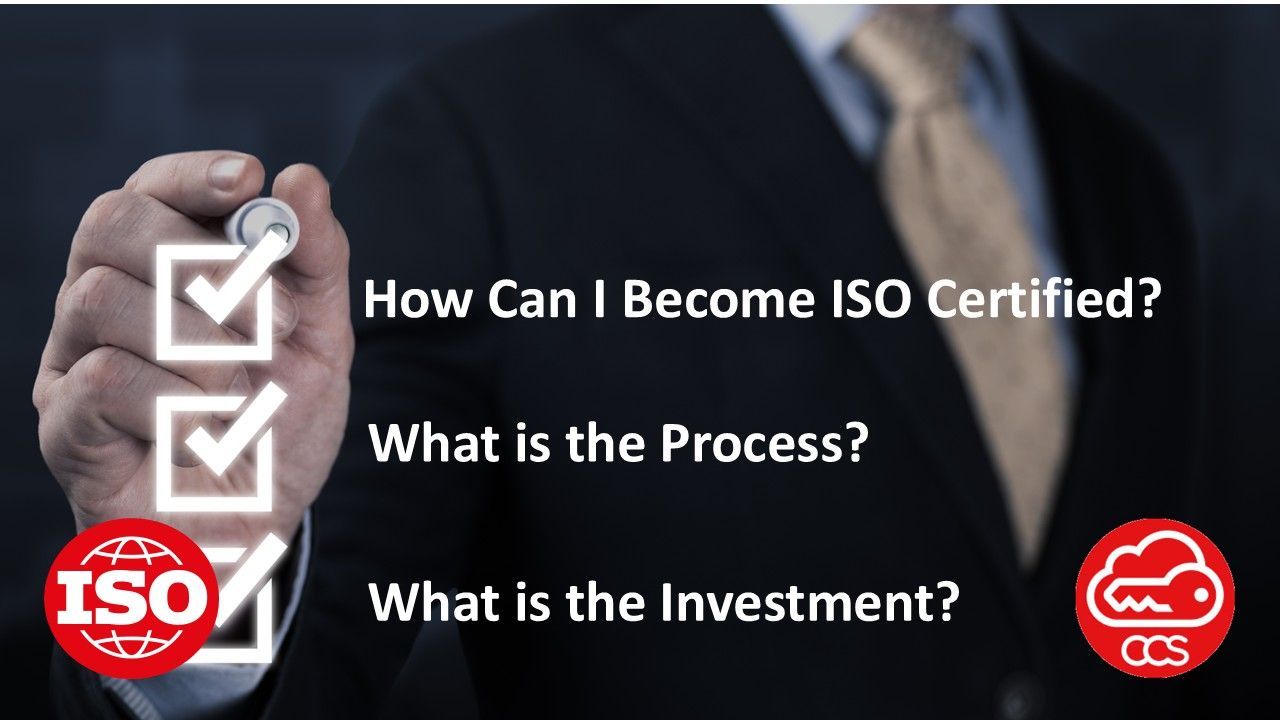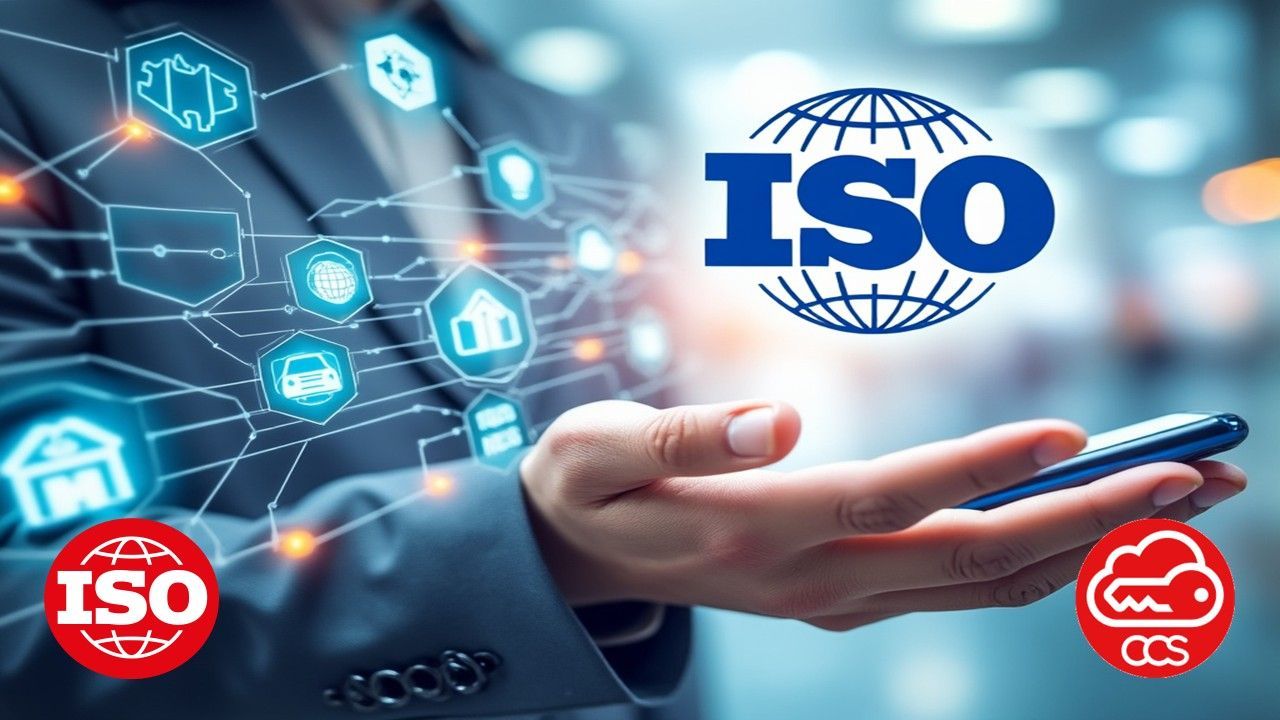ISO 22000 is an international standard for food safety management systems (FSMS) developed by the International Organization for Standardization (ISO). It provides a framework for organizations involved in the food chain to establish, implement, maintain, and continually improve their food safety practices to ensure the safety of food products for consumers.
The primary goal of ISO 22000 is to help organizations identify and control food safety hazards throughout the food chain, from production to consumption, to prevent foodborne illnesses and ensure the safety and quality of food products. By adopting ISO 22000, organizations can demonstrate their commitment to food safety, comply with regulatory requirements, and enhance consumer confidence in their products.
Key elements of ISO 22000 include:
- Food Safety Management System (FSMS):
- Establishing a food safety management system based on the principles of hazard analysis and critical control points (HACCP) to identify, assess, and control food safety hazards.
- Prerequisite Programs (PRPs):
- Implementing prerequisite programs, such as good manufacturing practices (GMP), sanitation, hygiene, and food safety training, to create a hygienic environment and prevent contamination of food products.
- Hazard Analysis and Critical Control Points (HACCP):
- Conducting hazard analysis to identify potential biological, chemical, and physical hazards in the food production process and implementing control measures, monitoring procedures, and corrective actions to prevent or eliminate hazards.
- Management Commitment and Responsibility:
- Demonstrating leadership commitment to food safety, establishing food safety policies and objectives, and allocating resources to implement and maintain the food safety management system effectively.
- Communication:
- Establishing effective communication channels with suppliers, customers, regulators, and other relevant stakeholders to exchange information on food safety hazards, controls, and requirements.
- Emergency Preparedness and Response:
- Developing procedures and plans to respond to food safety emergencies, including product recalls, contamination incidents, and foodborne illness outbreaks, to protect consumers and minimize the impact on public health.
ISO 22000 certification involves a third-party audit to assess whether an organization's food safety management system conforms to the requirements of the standard. Certification demonstrates to stakeholders, including customers, regulators, and consumers, that the organization is committed to ensuring the safety and quality of its food products and managing food safety risks effectively throughout the food chain.
Why ISO 22000 is Crucial for Your Business:
- Ensuring Food Safety:
- Establishes internationally recognized best practices for food safety management, including hazard analysis, risk assessment, and control measures.
- Compliance with Regulatory Requirements:
- Helps meet regulatory requirements and demonstrates commitment to food safety, ensuring adherence to relevant local, national, and international regulations.
- Enhancing Consumer Trust:
- Builds consumer confidence by assuring that robust food safety management systems are in place, enhancing trust, loyalty, and satisfaction.
- Supply Chain Management:
- Promotes effective communication and collaboration with suppliers, ensuring traceability of ingredients and materials and managing risks throughout the supply chain.
- Operational Efficiency:
- Emphasizes effective processes, documentation, and continuous improvement, leading to streamlined operations, optimized resource allocation, and reduced incidents and related costs.
- International Recognition:
- Internationally recognized, enhancing the business's reputation and credibility globally. Facilitates trade by providing assurance to customers, suppliers, and regulatory authorities worldwide.
ISO 22000 is crucial for your business as it ensures food safety, promotes regulatory compliance, enhances consumer trust, facilitates effective supply chain management, improves operational efficiency, and gains international recognition. Implementing this standard provides a structured approach to food safety management, enabling organizations to prevent foodborne hazards, protect consumers, and maintain the integrity of their food products.



